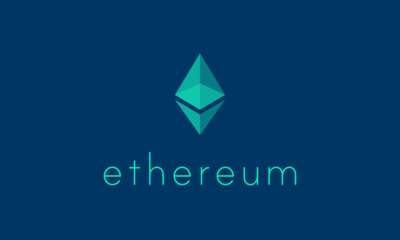A recent poll conducted by YouGov and a private blockchain company, with 15,000 respondents across nine languages, showed a growing divide in the understanding of cryptocurrencies and the Web3 movement. By and large, developing nations emerged as the most engaged with digital assets.
Nigeria, South Africa, and Brazil led in awareness, with 99% of Nigerian respondents aware of digital assets like Bitcoin. On the other hand, only one-third of respondents in Japan claimed an understanding of crypto.
“It makes a lot of sense when you think about it. Countries like Nigeria have had long-term problems with inflation. Brazil and South Africa are part of the BRICS contingent of fast growing, but still developing, countries. These countries are willing to take more risk for the chance at further developing an industry with long-term growth potential. The populace is looking at ways they can either protect their assets or grow them. On the other hand, established economies in Europe and Asia are taking a more cautious course, especially after the FTX debacle,” said Richard Gardner, CEO of Modulus, a US-based developer of ultra-high-performance trading and surveillance technology that powers global equities, derivatives, and digital asset exchanges.
“Sam Bankman-Fried and company really harmed the industry from a branding perspective. Crypto has long had an image chock full of volatility, but FTX was different. It was a major institution, and its executives spent a lot of money to buy favors from politicians and other institutions. It was the ‘big box store’ of crypto,” explained Gardner.
“As countries continue to regulate digital assets, and as bureaucrats better understand them, the structure will allow the industry to grow again. And, in large part, that means that institutions will begin to come back. Already, in the past few weeks, we’ve begun to see signs that institutions are looking towards crypto again,” Gardner noted.
“What the industry really needs is a shot in the arm in the realm of trust. From Wall Street to Main Street, people want to know that there’s a fair playing field. It is up to exchange operators to work with bureaucrats and politicians to put the guard rails in place to make sure that FTX can never happen again,” said Gardner.
Modulus is known throughout the financial technology segment as a leader in the development of ultra-high frequency trading systems and blockchain technologies. Over the past twenty years, the company has built technology for the world’s most notable exchanges, with a client list which includes NASA, NASDAQ, Goldman Sachs, Merrill Lynch, JP Morgan Chase, Bank of America, Barclays, Siemens, Shell, Yahoo!, Microsoft, Cornell University, and the University of Chicago.
“I’ve been talking about cryptocurrency regulation for the better part of the past decade, and I think there’s strong reason to continue to support it. We build technology that equips exchange operators to play by the rule book that is currently established, and we’ve continued to add features which put them ahead of regulators. It is important for an exchange to be able to say that they’re doing absolutely everything that they can to keep investor funds safe — more than what’s required by law — and that’s exactly what we work towards every day,” said Gardner.




 Forex4 weeks ago
Forex4 weeks ago


 Naira3 weeks ago
Naira3 weeks ago
 Billionaire Watch3 weeks ago
Billionaire Watch3 weeks ago








 Naira3 weeks ago
Naira3 weeks ago








 Naira3 weeks ago
Naira3 weeks ago


 Naira2 weeks ago
Naira2 weeks ago








 Naira2 weeks ago
Naira2 weeks ago








 Naira4 weeks ago
Naira4 weeks ago


















